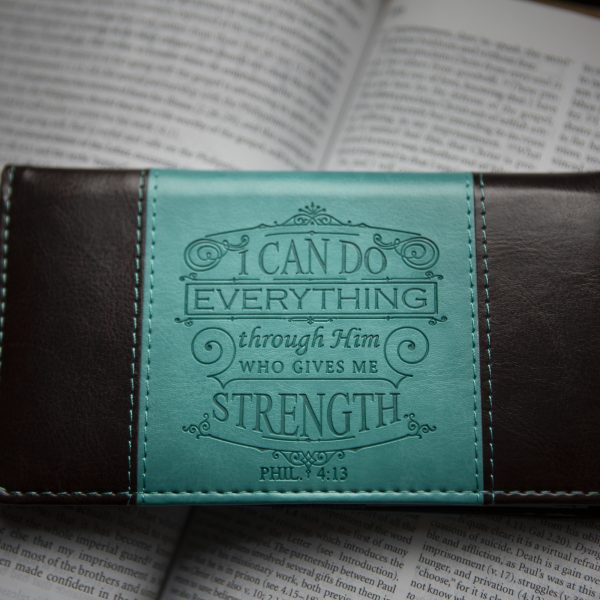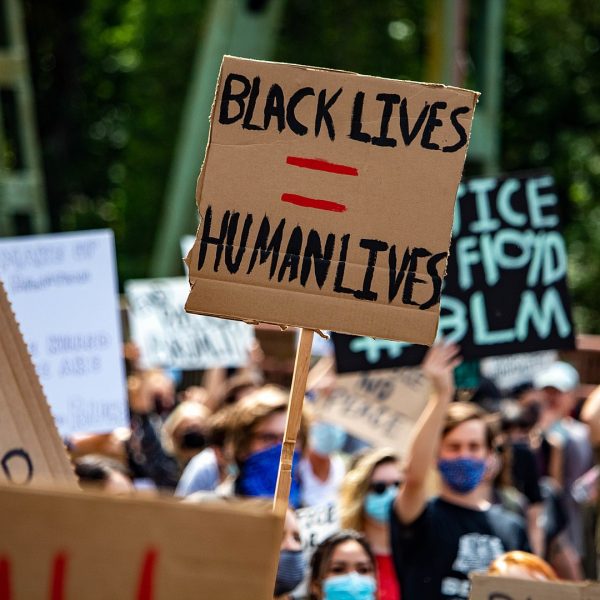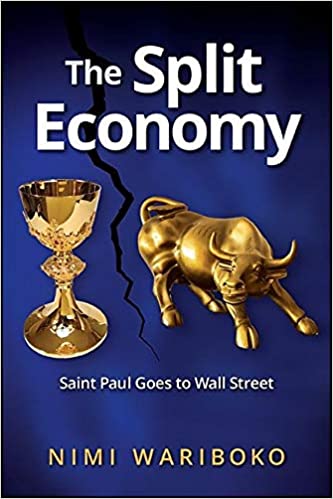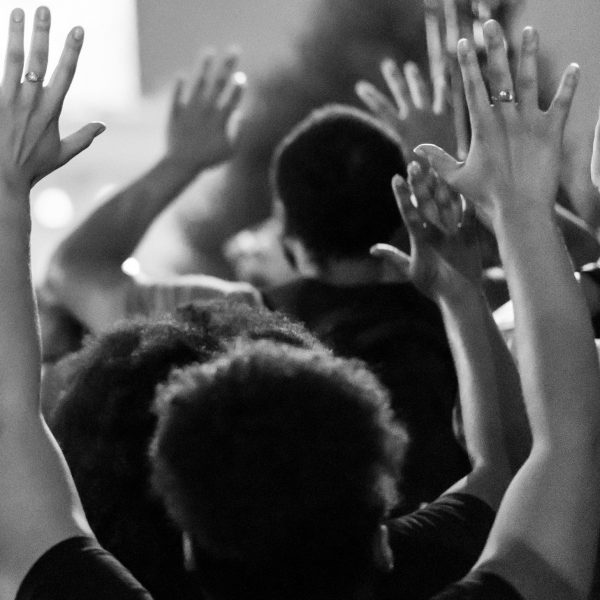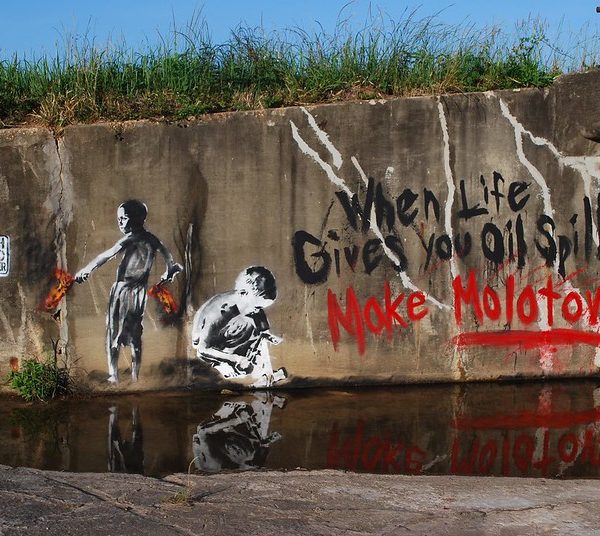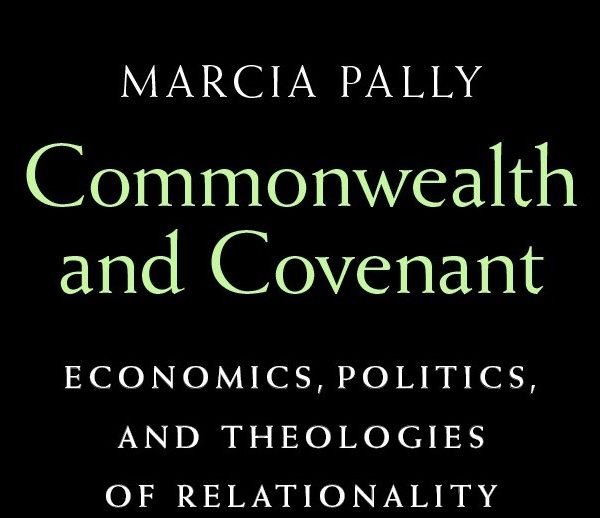
A second expression of relationality is covenant. It is a bond between distinct parties where each gives for the flourishing of the other. Unlike contract, which protects interests, covenant protects relationship.

Rendering to God what was God’s meant offering our lives as living sacrifices of worship to God, as one would offer coins as tax and tribute to one’s sovereign. The human was theologically monetized—or coined—in the name of dedication to God.

Blaming Covid 19 on the World Health Organization or on a lab in China and calling Black Lives Matter “radical leftist extremists” follow the American-populist playbook of responding to duress by targeting an alien “other” who have wronged “us” and whom “we’re” right to combat with force.
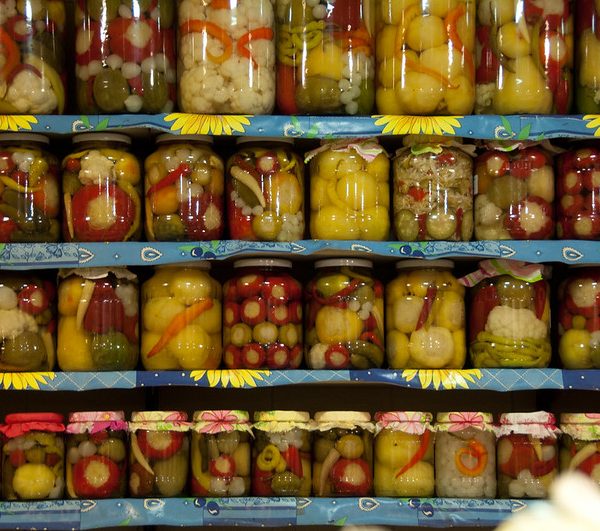
Thoreau’s asceticism was always also related to his hope for just economy – a way of life beyond slavery or exploitative capitalism. I am thus invested in thinking about Thoreau’s religion – his ascetic practice in the woods and the theological commitments that drove it – as deeply tied to his politics.

Thoreau’s generative ambivalence, the reason we keep returning to him, comes from a specific move he makes, over and over again. Thoreau does something very particular for us. He recasts problems of political economy as ethical questions about the conduct of life.
